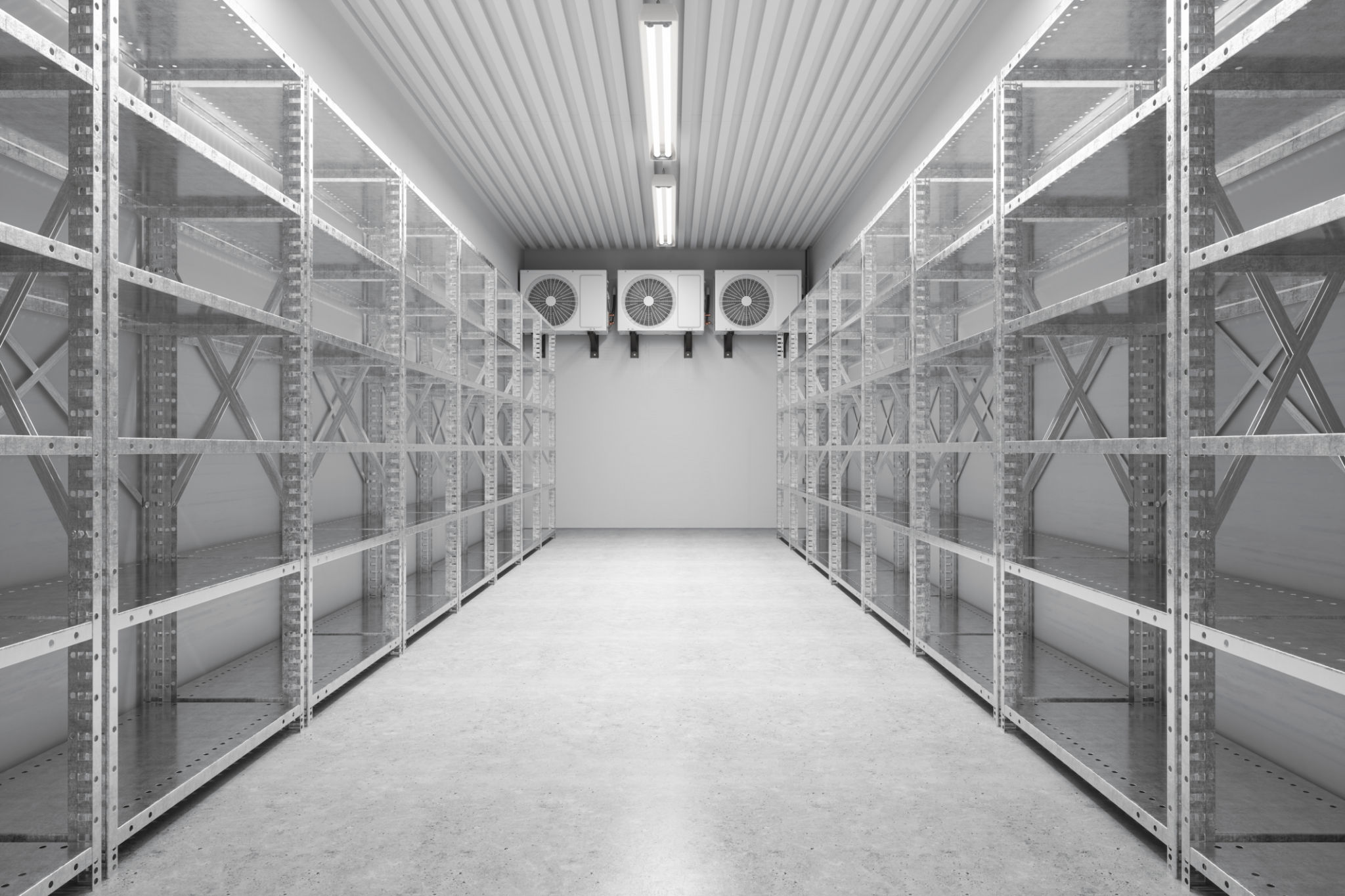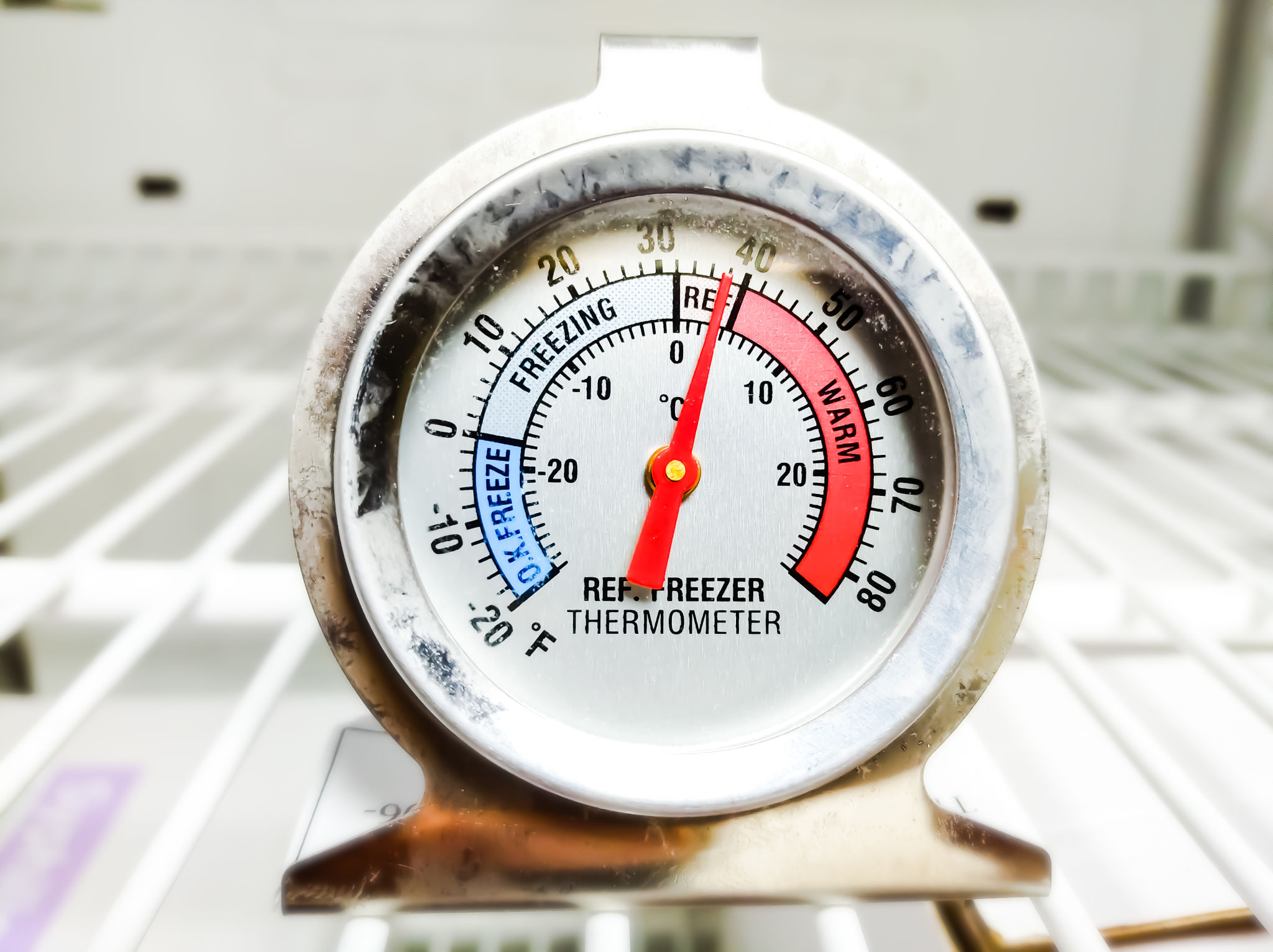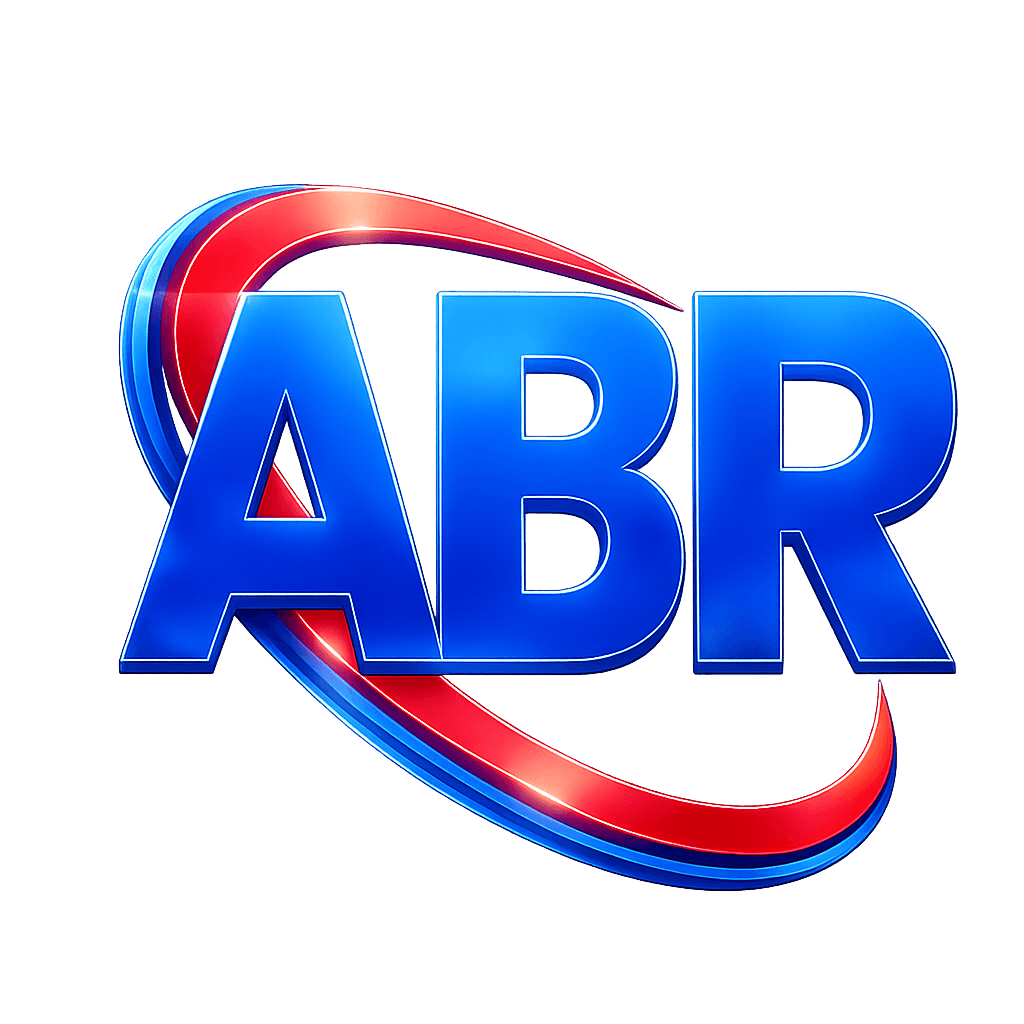The Ultimate Guide to Commercial Refrigeration Maintenance: Keeping Your Business Running Smoothly
Understanding the Importance of Regular Maintenance
Commercial refrigeration systems are a vital component of many businesses, from restaurants and supermarkets to pharmaceutical companies. Regular maintenance not only ensures the longevity of your equipment but also helps prevent unexpected breakdowns that could disrupt your operations. By investing in routine upkeep, you can significantly reduce repair costs and enhance the efficiency of your refrigeration units.
One of the main reasons to prioritize maintenance is to ensure compliance with health and safety standards. Faulty refrigeration can lead to spoiled products, which could result in financial losses and damage to your business's reputation. Regular checks help identify potential issues before they escalate into major problems.

Essential Maintenance Tasks
Cleaning and Inspecting Components
Cleaning is one of the simplest yet most effective maintenance tasks. Dust and debris can accumulate in coils, fans, and other components, causing the system to work harder and consume more energy. Regularly cleaning these parts will enhance the unit's performance and reduce energy costs.
Inspecting the door seals is another crucial task. Worn or damaged seals can cause cold air to escape, forcing the system to work harder to maintain the desired temperature. Replacing seals as needed will ensure optimal efficiency.

Monitoring Temperature and Refrigerant Levels
Keeping an eye on temperature settings is essential for maintaining product quality. Use a thermometer to check that the interior temperature aligns with set points. If discrepancies are found, it might indicate a problem with the thermostat or another component.
Refrigerant levels should also be monitored closely. Insufficient refrigerant can lead to poor cooling performance and increased energy consumption. If you notice temperature fluctuations, it may be time to have a professional check and refill the refrigerant.

When to Call a Professional
While routine checks can be conducted by your staff, certain tasks require professional expertise. If you notice unusual noises, excessive frost buildup, or persistent temperature issues, it's time to call in a trained technician. Regular professional inspections can help identify hidden problems and prevent costly repairs.
Scheduling bi-annual or annual professional maintenance visits ensures that all components are functioning correctly. Technicians can perform tasks such as checking electrical connections, testing system controls, and inspecting compressors, which are beyond the scope of regular in-house maintenance.
Benefits of a Preventive Maintenance Plan
Implementing a preventive maintenance plan offers numerous benefits for your business. Not only does it extend the lifespan of your equipment, but it also enhances energy efficiency, ultimately reducing operational costs. A well-maintained system is more reliable and less likely to experience downtime, which is crucial for businesses reliant on consistent refrigeration.
Moreover, many equipment manufacturers offer warranties contingent on regular maintenance. Adhering to these requirements ensures that you maintain warranty coverage, providing additional financial protection in case of equipment failure.

Conclusion
In conclusion, proper commercial refrigeration maintenance is an investment in your business's success. By understanding the importance of regular upkeep, performing essential tasks, and knowing when to call in professionals, you can keep your refrigeration systems running smoothly and efficiently. This proactive approach not only safeguards your products but also contributes to a more sustainable and cost-effective operation.
